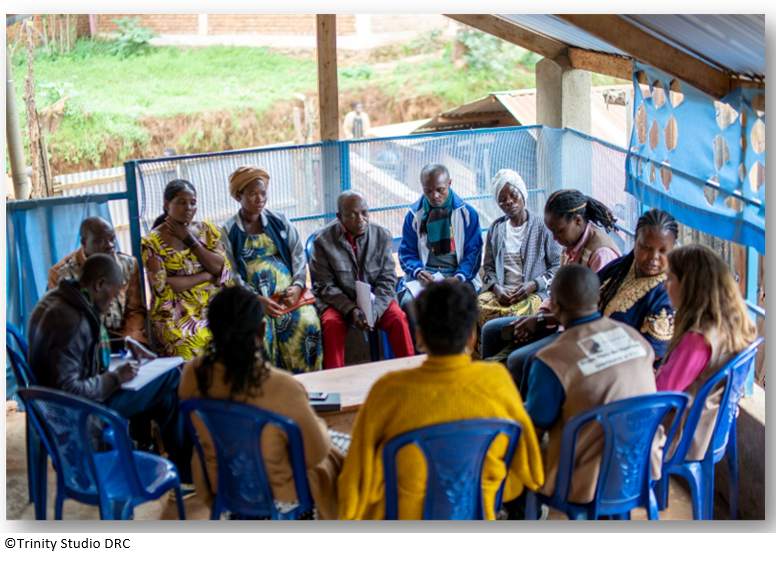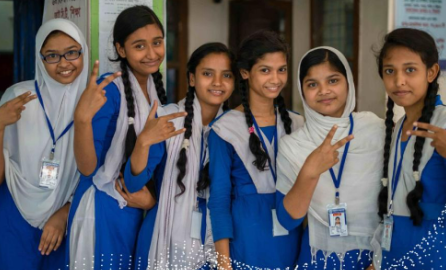Supporting survivors of Gender Based Violence

-
Gender marker: G2-Promotes gender equality as a primary objective
-
Period of implementation: 2019 - 2022
-
Amount: EUR 2,000,000
-
Geographical area: Global
-
Implementing partners: Multiple implementing partners so it would depend on what context
-
GAP III’s Areas:
-
Gender-Based Violence
-
Conflict-related sexual violence (CRSV) remains a major issue in countries such as the Democratic Republic of Congo (DRC), Guinea and Iraq. To empower survivors, address harms suffered and promote their right to reparation, the EU, as well as France and Belgium, have partnered with the Global Survivors Fund (GSF) to pilot projects for interim reparative measures (IRM) in these three countries.
Illustrating the significance of the issue, the Democratic Republic of Congo has been struggling with systematic rape and other forms of sexual violence on a massive scale. Estimates vary depending on the source but somewhere between 250,000 and 1 million women have been raped since the beginning of the armed conflicts in the 1990s. Only a small number of victims have accessed psychological and medical care, support, or justice, and none have received State-led reparations, nor have they received public acknowledgement of the violations they have experienced.
The Global Survivors Fund works with survivors of CRSV worldwide to enhance their access to reparations and ensure they have access, in the meantime, to comprehensive reparative measures addressing their urgent needs. The GSF’s projects for interim reparative measures rely on a proven survivor-centred, co-created, contextualised model informed by international best practices and a multi-stakeholder approach. As of the final quarter of 2023, a total of 2,285 survivors have participated in the three pilot projects: 158 in Guinea; 1,093 in the DRC, and 1,034 in Iraq.
The plan is organised around both individual and collective measures:
-
Individual measures, co-created by survivors in each context, can include financial compensation, vocational training, psychological and/or psychiatric support, medical interventions, and more. In the Democratic Republic of Congo, for example, over 1,063 survivors have received medical care for pathologies related to conflict-related sexual violence, including fistula surgery, prolapse, and treatment for HIV/AIDS or other infections resulting from sexual violence.
-
Collective measures can also take different forms depending on the preferences of survivors and the wider community. In the Democratic Republic of Congo, survivors chose to construct survivor centres in the four project sites. These centres serve as safe houses, training spaces, as well as safe spaces for survivors to meet and receive psychological and social support. A survivor centre has also been constructed in Guinea, and a book of photographs and testimonies has been published. In Iraq, a memorial is being built in a garden at Sinjar.
One of the main challenges of the three projects is to ensure that the measures taken will have a transformative and lasting impact on the lives of survivors. To this end, the project Steering Committee, composed of at least a third of survivors, defines specific implementation modalities. In the Democratic Republic of Congo, this led to an innovative collaboration with an existing programme, “les mutuelles de solidarités” (MUSO or AVEC – Associations villageoises d’épargne et de crédit), in which members save money collectively and receive a larger amount on a rotating basis, in an approach similar to a village loan scheme.
GSF’s projects for interim reparative measures are accompanied by a global study on reparations, technical support, and national and international advocacy. As a result of this wider approach, twenty survivors representing twelve African countries articulated their vision of how the international community and States should approach reparations for CRSV, with a focus on the right to reparation and co-creation. This process produced the 2022 Kinshasa Declaration, a powerful tool for future advocacy initiatives at national, regional and international levels.
"Involving the survivors as co-creators of this project was very important because they are the ones who know the extent of their pain, and above all what it would take to soothe the impact of this pain, which will remain alive and unforgettable for almost all of these women until justice is obtained, or even beyond." Aboubacar SYLLA, Organisation Guinéenne de Défense des Droits de l’Homme et du Citoyen, a partner organisation of Global Survivors Fund in Guinea
